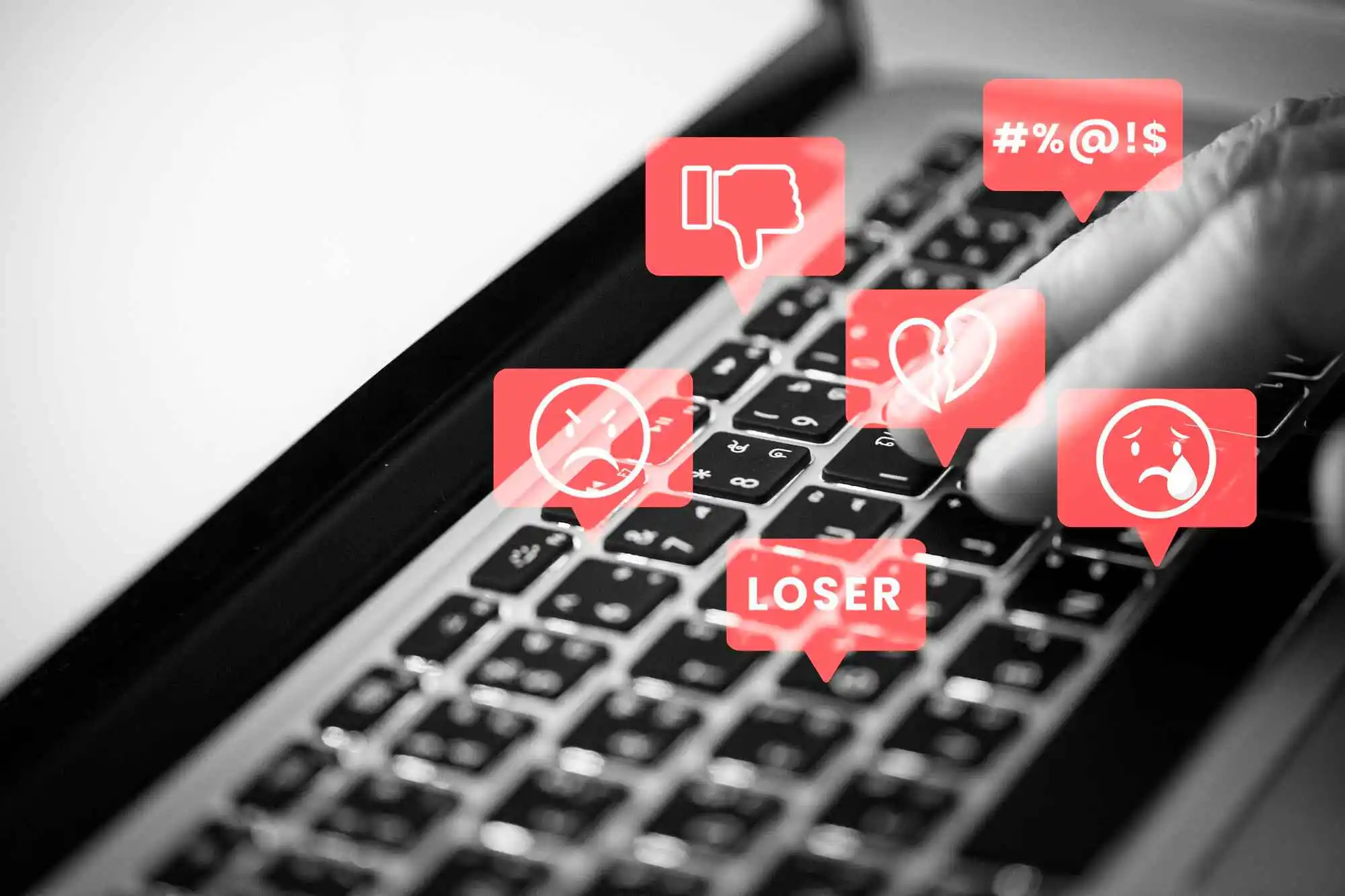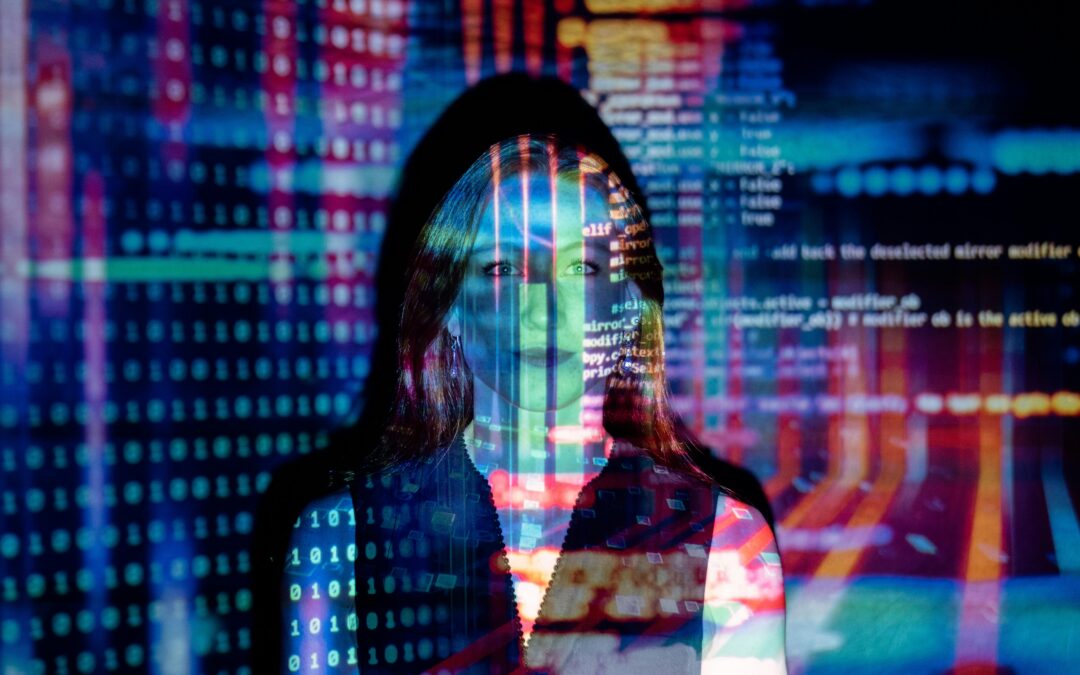Cybersexual harassment among teens is a growing, harmful problem
Peer-to-peer cyber sexual harassment among teens is a growing issue where harmful or inappropriate sexual content is shared or used to target victims online, affecting the well-being and safety of teens. This behavior can take many forms, such as non-consensual sharing of explicit images, sexual threats, or the creation of deepfake pornography. The consequences of such harm can include emotional distress, academic decline, and long-term trauma for the victims. Many times cyber sexual harassment happens on school grounds using school wifi. This can significantly disrupt a student’s academic life. Victims may feel uncomfortable attending school, which can lead to absenteeism, a decline in academic performance, and social isolation.
Lawyers play a vital role in helping victims of such harassment by guiding them and their families through legal avenues to seek justice and protection.
A lawyer can help a victim of cybersexual harassment in many ways, including the following:
1. Legal Advice and Rights Awareness:
A lawyer can inform the victim and their family of their legal rights under both criminal and civil law. As cyber harassment laws evolve, it can be complex for victims to navigate the legal system. A lawyer with experience in cybercrime and harassment can ensure that the case is handled properly under state and federal regulations.
2. Filing Criminal Charges:
Cybersexual harassment often violates laws such as revenge porn statutes, child pornography laws (if minors are involved), and harassment laws. A lawyer can help the victim report the harassment to law enforcement and work with authorities to pursue criminal charges against the perpetrator. In many states, this could lead to severe penalties for the offender, including jail time and fines.
3. Civil Lawsuits:
Victims can also pursue civil lawsuits for damages related to emotional distress, defamation, or invasion of privacy. A lawyer can help file a lawsuit to seek compensation for the harm caused by the harassment, especially when the perpetrator’s actions result in significant emotional or reputational damage. accommodations.
4. Obtaining Protective Orders:
Lawyers can assist victims in obtaining restraining orders or protective orders against the harasser to prevent further contact or harassment. This can offer immediate relief and safety from ongoing harassment.
5. Working with Schools and Online Platforms:
If the harassment occurs through school networks or social media platforms, a lawyer can work with the school administration to ensure the issue is addressed. Proactive measures from schools, alongside strong legal recourse, are crucial in combating this issue and ensuring a safe educational experience for all students. A lawyer can also assist in filing takedown requests or complaints with social media companies to remove harmful content.
6. Counseling Referrals and Support Services:
In addition to legal help, many lawyers connect victims with counseling services and victim support organizations to assist in their emotional recovery.
Florida has specific laws addressing cybersexual harassment, particularly in the context of non-consensual distribution of sexually explicit images.
Florida Statute § 784.049 defines cyber sexual harassment to include any distribution of intimate images that were originally shared privately and are posted online without consent. The law covers social media platforms, email, websites, and other electronic platforms. This statute criminalizes the non-consensual posting of sexually explicit images or videos of another person with the intent to cause emotional distress. Under this statute, it is illegal to electronically distribute or publish any image of a person that depicts nudity or sexual content without their consent. In addition to criminal charges, the law also allows for victims to pursue civil lawsuits against individuals who distribute their private images without consent. Victims can seek damages for emotional distress and harm to their reputation.
Victims of cybersexual harassment in Florida can report incidents to local law enforcement, who will investigate under the state’s cyber sexual harassment law. In school-related cases, victims or their families can also file a complaint under Title IX if the harassment impacts the student’s educational environment.
A lawyer can provide crucial support to victims of peer-to-peer cybersexual harassment, helping them regain control and pursue justice.
If you or someone you know is experiencing cyber sexual harassment, Attorney Sydney Rendel is here to help. Sydney’s personal experience with cyberbullying fuels her passion for serving clients in this area of law. Her background not only shapes her empathetic approach but also deepens her commitment to empowering and supporting those who have endured similar challenges. Her understanding of both the legal and emotional dimensions of these cases allows her to craft effective strategies and provide robust representation. Schedule a FREE Consultation.
This article is for educational and entertainment purposes only. This is not legal advice and should not be relied on as such. Every case is different. Consult a licensed professional in your state. Viewing this website or its content does not create an attorney-client relationship with Lyda Law Firm or any of its lawyers.












